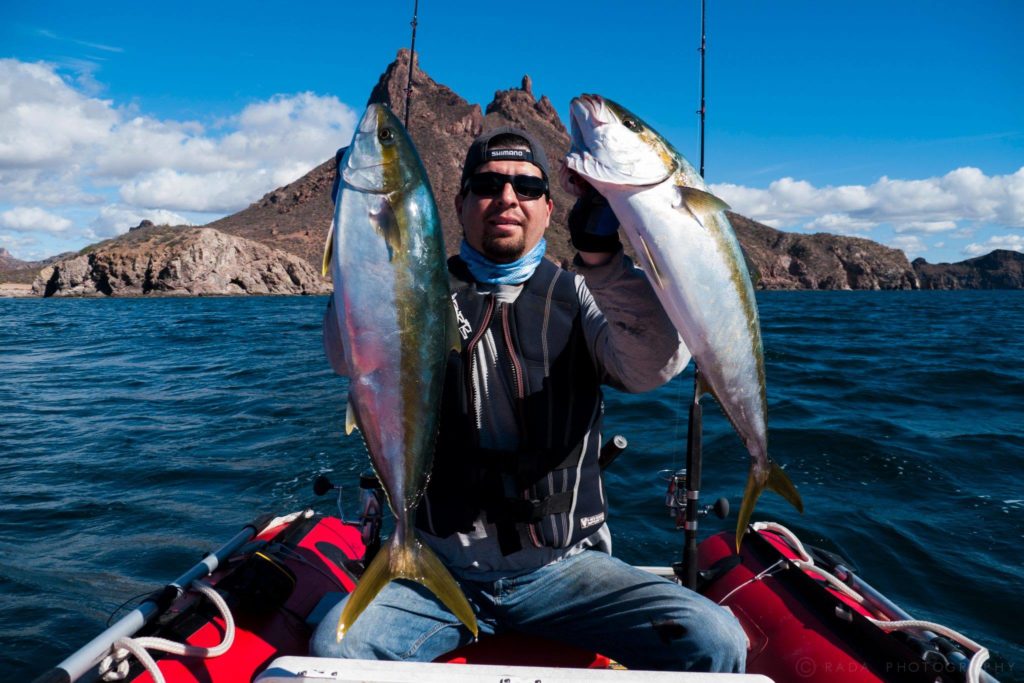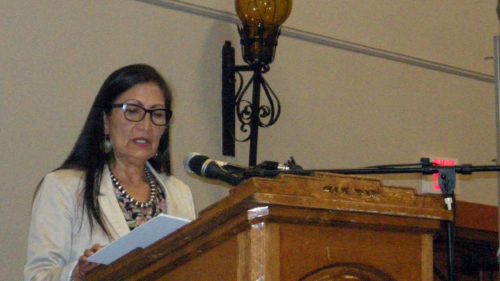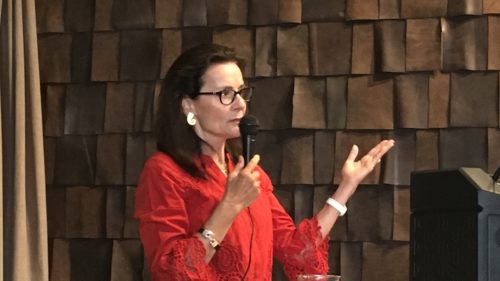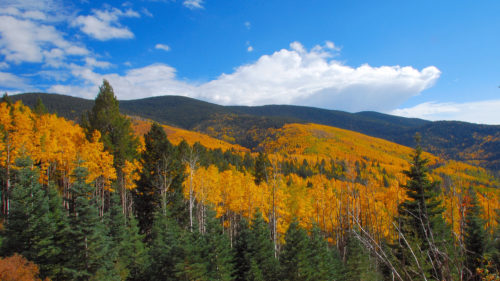I peeked through my grandma’s window as smells of boiling beans, fresh-made masa, and roasting chile floated into the air.
“That’s a lot of blood,” I thought.
Outside the window, in a small 10-feet-by-10-feet dingy concrete patio with a large drain in the middle, I saw my grandfather, who has since passed, butchering a Coues deer on a wooden stump. Slicing, tearing, and peeling with ease, my grandfather Javier was preparing to stock our freezer for the winter. But not before giving away half his prized harvest to his friends, and other members of our family. That was part of why he hunted.
My grandfather was a great hunter, he grew up on a ranch in Zacatecas, Mexico, and moved our family to Ciudad Juarez in search of a more prosperous life long before I was born. In Juarez, just 40 miles south of Las Cruces, he left life on the ranch behind and made a living as a postman, and later opened up a TV and microwave repair shop on the very same patio where I witnessed many of his harvests as a young boy.
Despite living in the middle of the city, right next to the train tracks (the pictures at grandma’s house would often fall when the train rumbled by, and many coffee mugs were lost to Ferromex), my grandfather never left the wild of Zacatecas. It lived in him until the day he died, as did his traditions. He was a big man, 6-foot-something (we still argue about this today), a size 15 shoe, grizzly, gruff, who chose his words carefully, and occasionally flashed his radiant smile and kind, brown eyes. He was much taller and larger than his friends, in fact, for many years, I thought he was the tallest and biggest person I’d ever see. For his stature and his hunting skill, his friends called him “El Oso,” or the Bear.
Providing for 10 kids wasn’t easy, let alone finding time to get away from the city to hunt and explore the Sierra Madre of Chihuahua. But hunting, camping, and fishing was not recreation for El Oso, it was a part of who he was. It was embedded into his soul. And so he found the time.
He hunted deer, rabbit, mountain lion, bear, pronghorn, and well — just about any animal he could find in the Sierra Madre Occidental that he could harvest. And when the fishing was bad, he hunted them too — with a full scuba suit and a speargun. A pretty funny sight in the Chihuahuan Desert, but that was my grandfather. His dream was to spear a striper in Elephant Butte. He never got the chance.
And so the years passed, and I saw many more animals harvested on the patio, I learned to burn the feathers off a chicken and make chicharrones in a dark room surrounded by broken TV and smashed up microwaves, I helped him untangle fishing reels while he smoked a cigarette and watched nature shows on a small black-and-white TV, and I looked through his many hunting pictures while my grandmother sewed us new clothes and customers came in and out picking up refurbished TVs. All right in the middle of the city.
Inevitably and eventually, the high-traffic, the noise, and the speed and pressure of living in the city, along with the desire to fulfill my grandparents’ dreams of prosperity, the wild in our souls eroded. And with my grandfather’s death, much of the hunting tradition did too.

But years later, my father, on a whim, decided to take my brother and me fishing. With $10 Walmart rods, a pack of hotdogs, and a GMC Econoline with new tires, the wild in us was rekindled.
The spirit of El Oso was back, and it lives in us again.
From my grandfather, we learned that taking from the land is just as important as giving back. We learned to share our harvests, to never brag, but simply lead by example, and to conserve what we have in the landscapes that surround us. We learned that it doesn’t matter if you live in a crowded, smoky, city — you can still find the wild if it’s important enough.
And we learned that consumptive land use is a part of human history, it’s a part of who we are as Mestizo people, as people who grew up struggling to make ends meet and as conservationists of the land that was used by our ancestors.
And it’s a beautiful thing.



